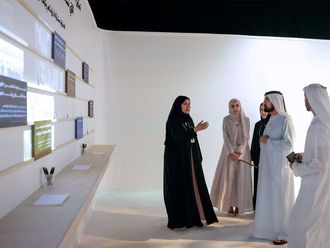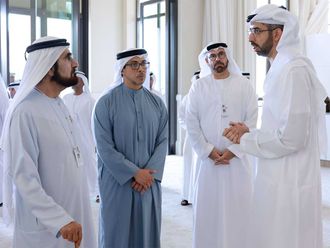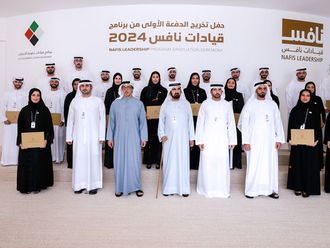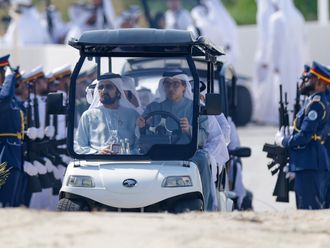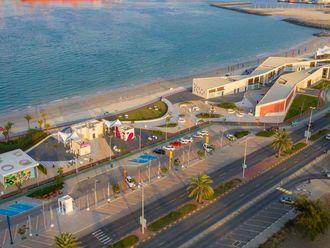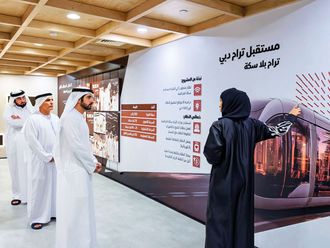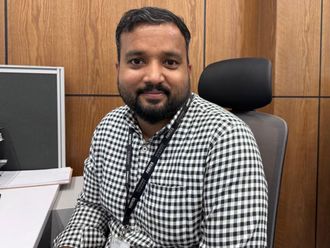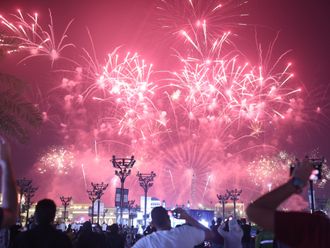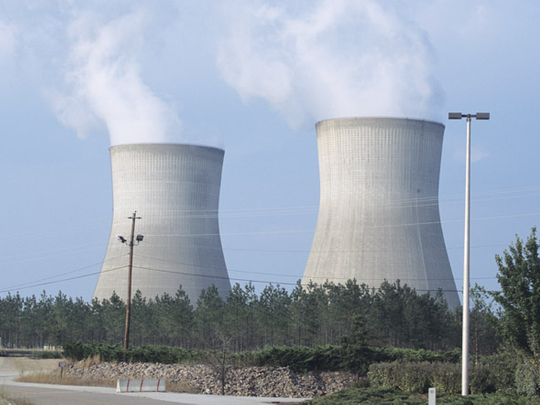
Dubai: The Dubai Government on Wednesday said 20 per cent of its future energy could come from nuclear energy and another 20 per cent will come from coal-fired power plants as part of a 20-year energy strategy that will reduce its dependence on oil and gas.
The plan, announced by Saeed Mohammad Al Tayer, Vice-Chairman of the Supreme Council of Energy, who is also the managing director and CEO of Dubai Electricity and Water Authority (Dewa), makes provision for the private sector to participate in future power plants, generating up to 49 per cent of the total power output by 2030.
"The study is in its final stage that suggests 20 per cent of power generation through clean coal and another 20 per cent by peaceful nuclear energy," Al Tayer said, referring to the study that suggests a short, medium and long-term strategy for the energy sector in Dubai.
"This could be the best option to diversify energy sources in the emirates including alternative and nuclear energy and create ongoing sources of sustainable energy to meet the energy demand."
The move comes after the Abu Dhabi Government assigned South Korean contractors to build four civil nuclear power plants, currently under way.
A government white paper on energy stipulates that the UAE will need 40,000 megawatts of power by 2020 and cites nuclear power as one of the most viable options for the country.
The Dubai Government earlier set up a Supreme Council for Energy to look into diversifying energy sources as its oil reserves decline.
Clean coal and peaceful nuclear technology are the main options to be considered by the Dubai Government in an attempt to diversify energy resources.
The annual electricity peak load in Dubai increased by 9.6 per cent to 6,161 megawatts as of July this year compared with 5,622 megawatts in the same period in 2009.
Dewa's total installed power production capacity is 7,830 megawatts and 330 million gallons of desalinated water per day.
With a rebound in its economy, Dubai is expected to witness growth in demand for power. With its reliance on imported gas and declining oil reserves, analysts say, the move towards coal and nuclear energy is a natural choice.
"However, Dubai could also think renewable energy, including solar power that could help the emirate in the long run," said a Dubai-based energy expert, requesting anonymity.
Shaikh Ahmad Bin Saeed Al Maktoum, Chairman of the Supreme Council of Energy, stressed the emirate's energy security in light of the challenges and opportunities for the energy sector, which are based on energy security for supply and demand and the continuous governance of the energy sector.
In the long-term plan, no timeline has been fixed for developing a nuclear power plant.
- 20% contribution of nuclear power to Dubai's future energy needs
- 7,830 Dewa's total installed power production capacity in megawatts
- 330 desalinated water in million gallons Dewa can produce a day


